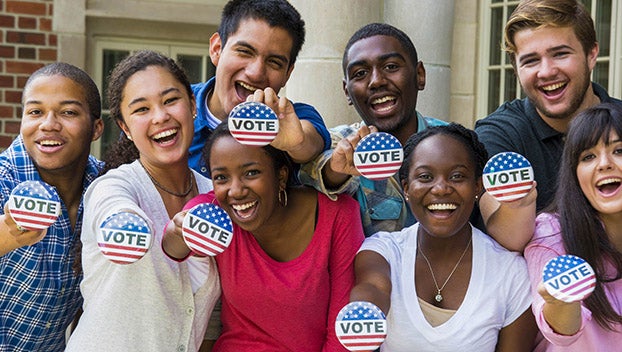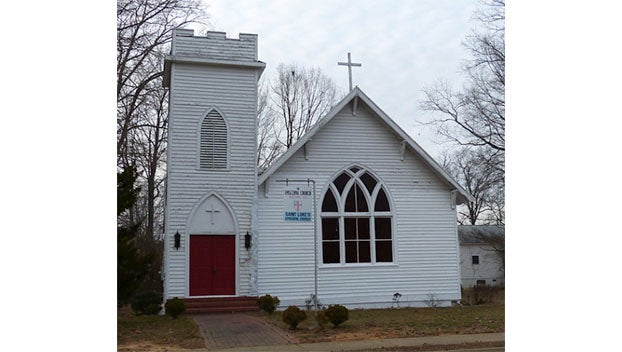Rate of women voters increasing
Published 8:45 am Thursday, October 20, 2022

- Those under 25 are registering to vote at an all-time high, with women expected to outnumber their male counterparts at the polls next month.
|
Getting your Trinity Audio player ready...
|
With election day just around the corner, analysis says the rate of women registering to vote this year is at an all-time high, and it is likely mainly due to the overturning of Roe v. Wade in June.
According to Stacker, a data analysis company, the gender gap between men and women registering to vote across several states ranged from 5% to 40% and was most pronounced in states where reproductive rights were most on the line. Meanwhile, states with more protections in place for abortion saw little to no uptick in women’s voter registrations.
Here locally, in Lunenburg, according to the Virginia Department of Elections, 181 new registered voters were reported for 2022, with 13 new registered voters just last month. According to data from the Department of Elections, Lunenburg has a total of 8050 voters as of Oct. 1.
Statewide, female voters under the age of 25 have seen the most significant jump.
As of September, there were 4,578 new female voters compared to 3,812 male voters under 25.
In all other age brackets, women voters continued to outnumber their male counterparts.
In every U.S. presidential election dating back to 1984, women reported having turned out to vote at slightly higher rates than men, according to a new analysis of Census Bureau data by a Pew Research Center survey.
White women have been more likely than White men to identify as Democrats over the past several decades, though the gender gap has grown over time.
In 2018 and 2019, 48% of White women identified as Democrats, compared with 35% of White men. By comparison, White men were more likely to identify as Republicans than White women in 2018 and 2019 (58% vs. 47%).
According to the survey, among Hispanic voters, majorities of women and men identify as Democrats, but this is especially the case among Hispanic women (67% identified as Democrats vs. 58% of Hispanic men in 2018 and 2019). Similarly, Black women (87%) were more likely than Black men (77%) to identify as Democrats, even though a large majority of both did so. In 2018 and 2019, the gap between Black women and Black men identifying as Democrats was the widest it has been since measurement began.





